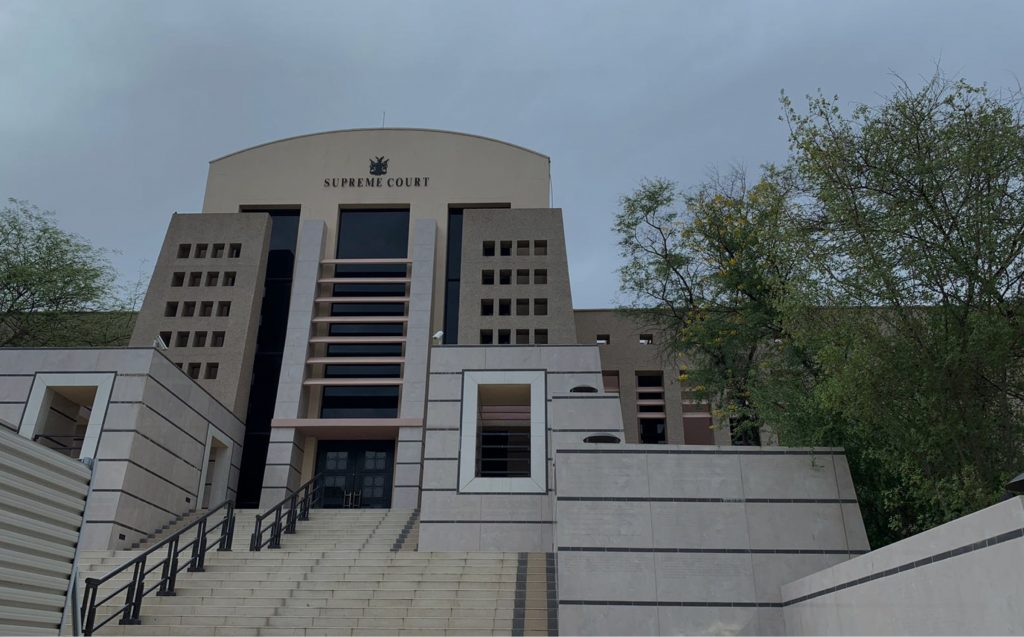Pro-democracy protests have intensified in recent months. Protesters have been calling for the release from jail of two pro-democracy members of Parliament, who were arrested in July. Activists in the country have reported a death toll of 54 people; 5000 jobs lost and R3 billion in damages as a result of the government’s crackdown. It’s heavy-handed response to peaceful protests has been criticised by neighbouring countries, with an SADC envoy visiting the country this October.
Delegated by South African President Cyril Ramaphosa, the envoy was deployed as a response to the violations of human rights in the midst of the protests. The SADC has recently announced the acceptance by King Mswati of the need for a national dialogue.
The People’s United Democratic Movement (PUDEMO) in Swaziland is calling for more serious interventions by South Africa, in particular. PUDEMO President Mlungisi Makhanya is quoted, in an article on SABC News, as calling for sanctions to be imposed on the King himself:
“If Swaziland is to change, we are the ones who must do it and we are determined and committed to doing it. He owns a significant investment in a lot of areas in South Africa. His children and his relatives are studying in South Africa. If South Africa were to agree to say it will consider imposing sanctions on the king and those who are responsible for the killings of people in Swaziland. Swaziland will change tomorrow. So we think South Africa can assist us.”
Whether these calls will be heeded by the government of South Africa is unlikely. Similarly, doubt surrounding the likelihood of success by the SADC envoy has been expressed by Senior Researcher at the Institute for Global Dialogue, Faith Mabera. This says Mabera should be attributed to the King’s determination to undermine intervention efforts.
The response from the global community has been wanting – though condemning in name, statements released by international organisations fall short of attributing responsibility to the King and his government. In an editorial for New Frame, the ‘spurious claim that “all parties” are responsible for the violence and should exercise restraint… presented as concern for “human rights”’ is described as an ‘alibi for a ruthless dictatorship.’ The article, critical of these statements, posits that principled solidarity from the international community is integral to change Mswati’s kingship over a ‘murderous state.’
What the outcome of the SADC’s envoy will be; and the impact that it will have on the rule of law and the lives of Swazi citizens, is yet to be seen.


